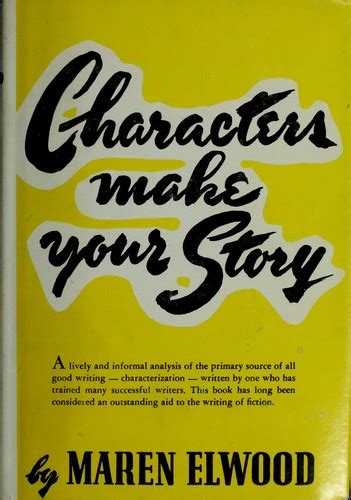A Quote by Judith Butler
If we are looking for signs of democratization, then surely we are looking as well for forms of living on equal terms in and among cultural differences.
Related Quotes
I think that the scienti?c way of looking at the world, and the humanistic way of looking at the world are complementary. There are important differences which should be preserved, and in trying to do away with those differences we would lose something the same way as if we tried to make all religions one religion or all races one race. There is a cultural diversity that's very valuable, and it's valuable to have different ways of looking at the world.
It is now our generation's task to carry on what those pioneers began. For our journey is not complete until our wives, our mothers and daughters can earn a living equal to their efforts. Our journey is not complete until our gay brothers and sisters are treated like anyone else under the law - for if we are truly created equal, then surely the love we commit to one another must be equal as well.
The need of the human mind for contrast has its roots in the mind's age-old habit of looking for differences and likenesses. When the mind can find no differences and no likenesses, as is the case when monotony is present, it restlessly, then resentfully, and at last frantically seeks for contrast that it may again busy itself with observing differences and likenesses.
Producing a photographic document involves preparation in excess. There is first the examination of the idea of the project. Then the visits to the scene, the casual conversations, and more formal interviews - talking, and listening, and looking, looking. ... And finally, the pictures themselves, each one planned, talked, taken and examined in terms of the whole.
I think good-looking people seldom make good television. And American television studios almost concede before they start: 'Well, it won't be good, but at least it'll be good-looking. We'll have nice-looking girls in tight shirts with F.B.I. badges and fit-looking guys with lots of hair gel vaulting over things.'







































